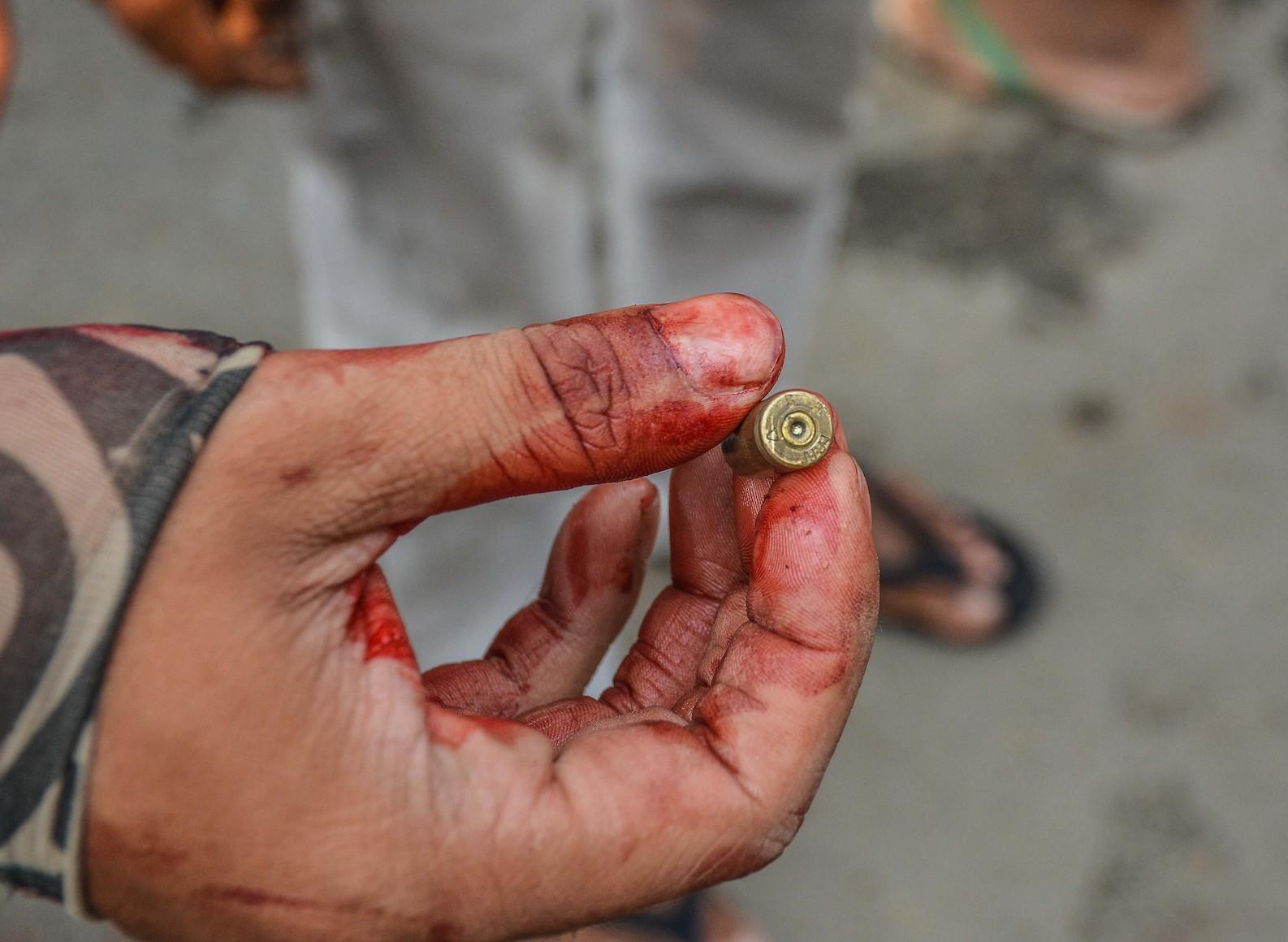(MENAFN- Asia Times) At a special summit in April 2021, Myanmar military junta leader General Min Aung Hlaing and the nine ASEAN leaders agreed to a set of five initiatives for myanmar to return to peace and stability amid the unrest that followed the coup launched in February that year.
During the asean summit in Phnom Penh in November 2022, leaders reaffirmed this“five-point consensus” and affirmed the need for concrete, practical and measurable indicators set within a specific timeframe.
Before the Phnom Penh summit, there were predictions that the five-point consensus may be revised, or that Myanmar could be expelled from asean . Myanmar's junta rejected the ASEAN leaders' decision to enforce the consensus, but the shadow National Unity Government (NUG) welcomed it.
The five points include an immediate end to violence in Myanmar, dialogue among all parties to seek a peaceful solution, the appointment and visit of a special envoy to Myanmar and humanitarian assistance from ASEAN. But ASEAN's five-point consensus has not stopped the junta's violence and its implementation has not led to any significant progress .
In the past, Myanmar's military junta has regularly launched air strikes on civilians in ethnic areas and central Myanmar, where armed struggles against its rule often break out. On October 23, 2022, the military launched an airstrike on a music concert in Kachin that killed at least 60 people and injured 100.
Military helicopters also attacked a school in Let Yet Kone village in north-central Myanmar on September 16. At least 11 children died in the air strike and around 15 are still missing, according to a statement by the united nations children's fund .
This is the situation in Myanmar despite the adoption of ASEAN's five-point consensus. The NUG alleges that the junta has killed more than 3,000 people over the past 11 months, while the Assistance Association for Political Prisoners has counted 2,338 civilian deaths since the coup.

A protester shows a bullet during a protest against military coup and detention of elected government members in Mandalay, Myanmar on March 27, 2021. Stringer / Anadolu Agency via AFP
The United Nations High Commissioner for Refugees estimates that there are 986,500 internally displaced persons due to the coup. Data from the Institute for Strategy and Policy Myanmar indicates that the junta and armed conflicts have damaged over 36,000 homes and buildings.
The junta's airstrikes on ethnic areas , the killing of unarmed civilians and the rejection of dialogue with opposition forces have led to the assumption that the junta will only engage militarily and not through political dialogue. The junta's refusal to let the ASEAN special envoy meet with opposition leaders fuels this assumption.
Ongoing political turmoil, mass displacement and economic collapse are pushing Myanmar toward a humanitarian crisis. More than 1.1 million people have been displaced since the military coup and 15.2 million people are facing food insecurity.
ASEAN leaders' five-point consensus included the provision of humanitarian assistance without discrimination. Though political turmoil and armed conflict in Myanmar may be a barrier to delivering this, ASEAN has great potential to respond to the refugee crisis since refugees from Myanmar are now sheltering in its member states. Thousands of refugees are sheltering in thailand , but they lack support from ASEAN.
Engaging all stakeholders to solve Myanmar's political turmoil — an important aspect of ASEAN's charter — needs concrete and strong implementation.
In April 2021, when the ASEAN consensus was established, it was practical to recognize the junta as the main stakeholder in resolving the political turmoil as the junta controlled major regions of Myanmar. But this is no longer the case. Now only 17% of Myanmar is under the junta's total control — the NUG and other opponents effectively control over 52% of the territory.
In the one and a half years since the consensus was established, democratic opponents have established the nug and people's defense force , launching a“people's defensive war” against the military junta.
The area that they now control is jointly governed by the NUG and allied ethnic armed organizations and is coordinated through the National Unity Consultative Council.

A supporter of Myanmar's shadow National Unity Government. The anti-junta resistance is entering a new crucial phase. Image: Dawei Watch / Twitter
The NUG and its allies provide healthcare, education and humanitarian assistance — operating as functional governments in their territories.
ASEAN should exclude the military junta from political dialogue until they stop their acts of violence and brutal crackdowns. It should also impose severe and targeted sanctions on the junta. ASEAN's sanctions on the junta may have more impact than Western sanctions as Southeast Asian countries are the largest sources of foreign investment in myanmar .
Recognizing the NUG as the main stakeholder and removing the junta from the political dialogue is a more practical way to resolve Myanmar's political turmoil than expelling it altogether.
Htet Myat Aung is former peace ambassador to Myanmar for the Institute for Economics and Peace.
This article , republished with permission, was first published by east asia forum , which is based out of the crawford school of public policy within the college of asia and the pacific at the australian national university .